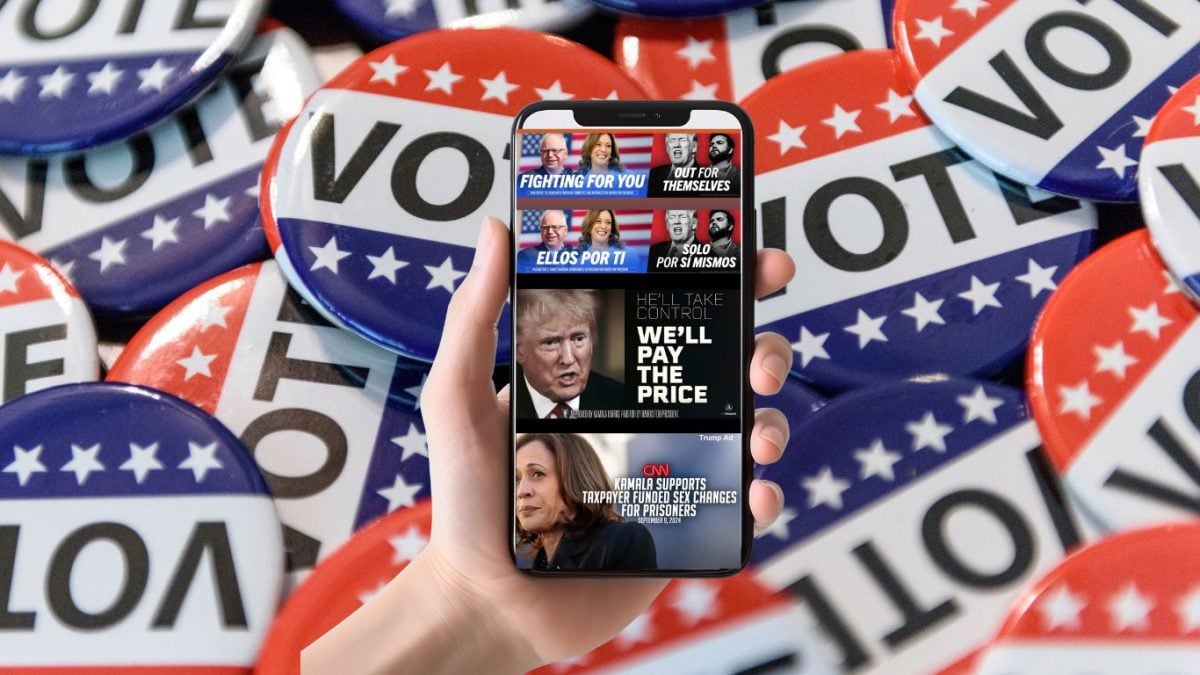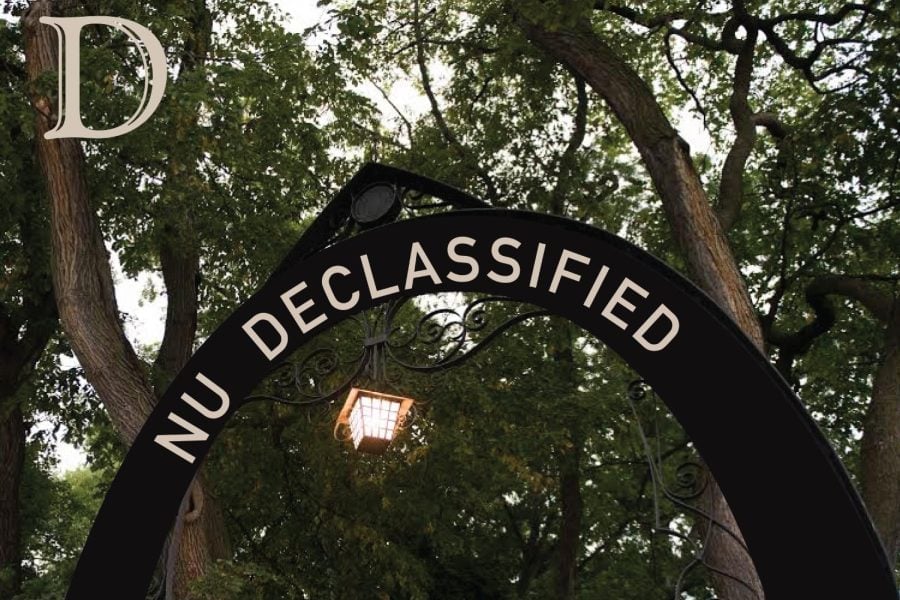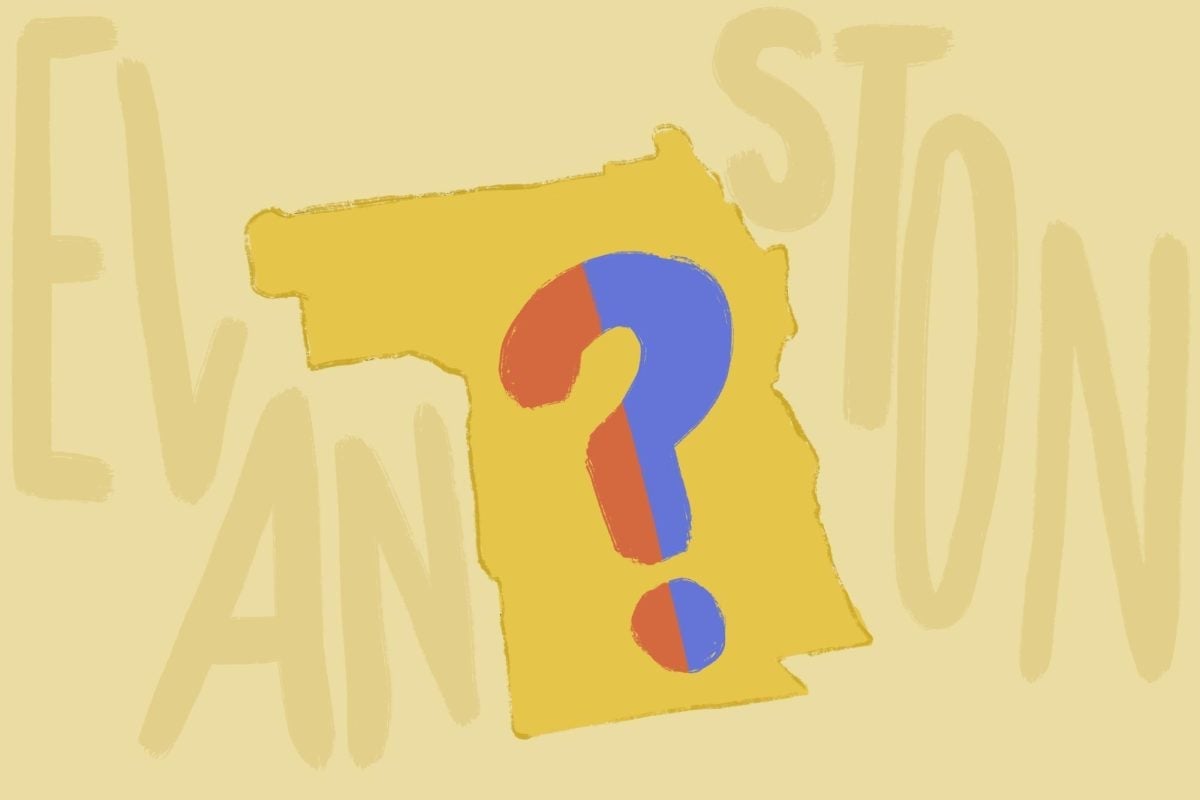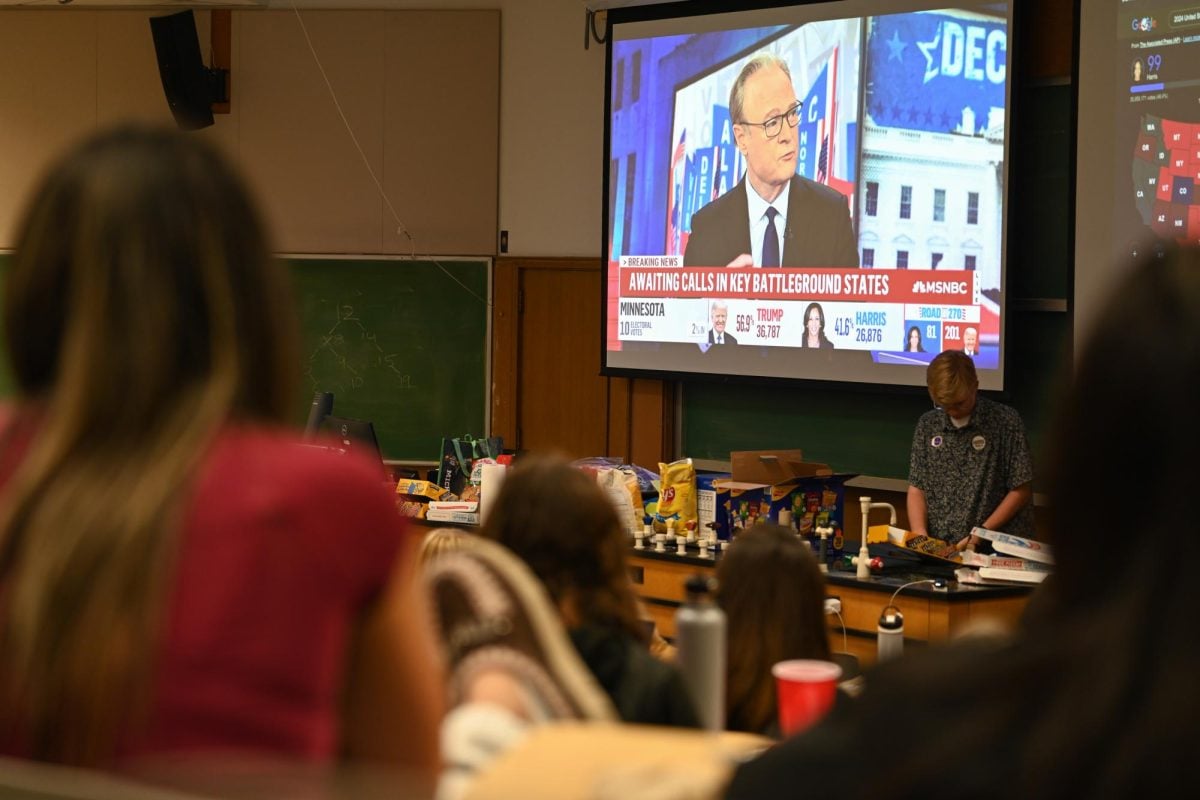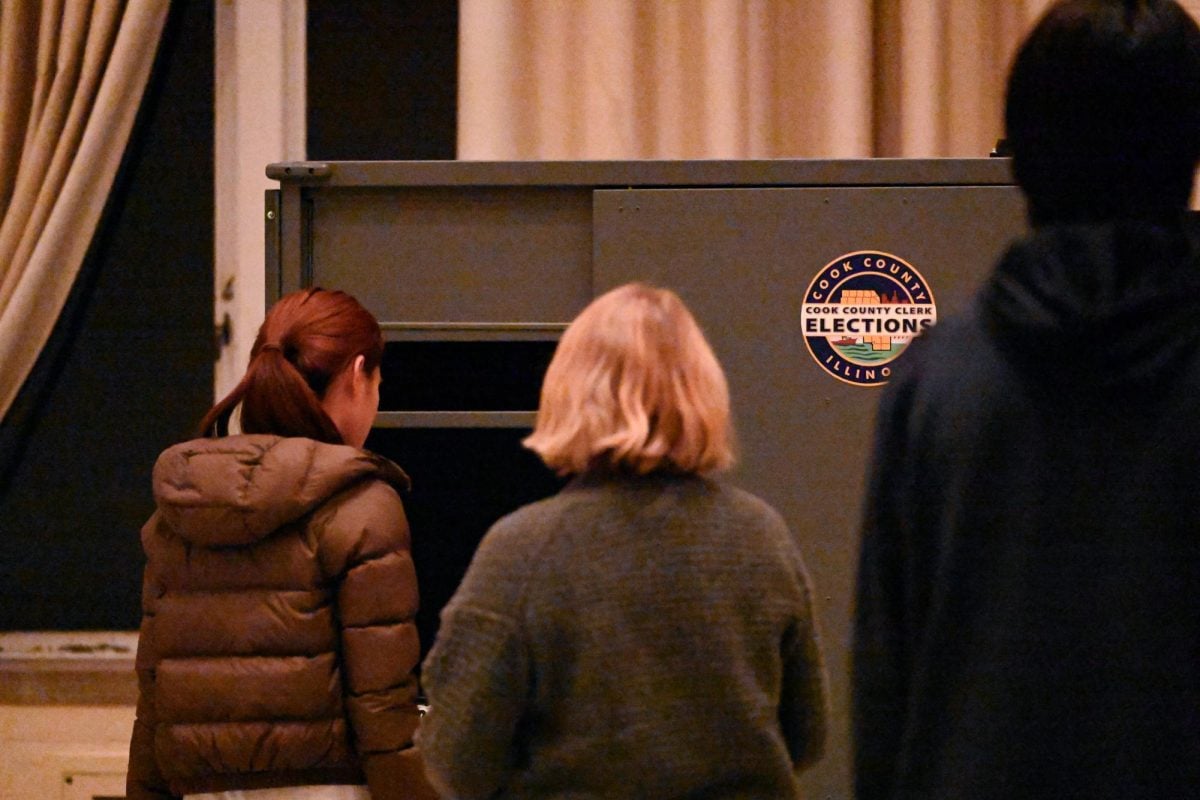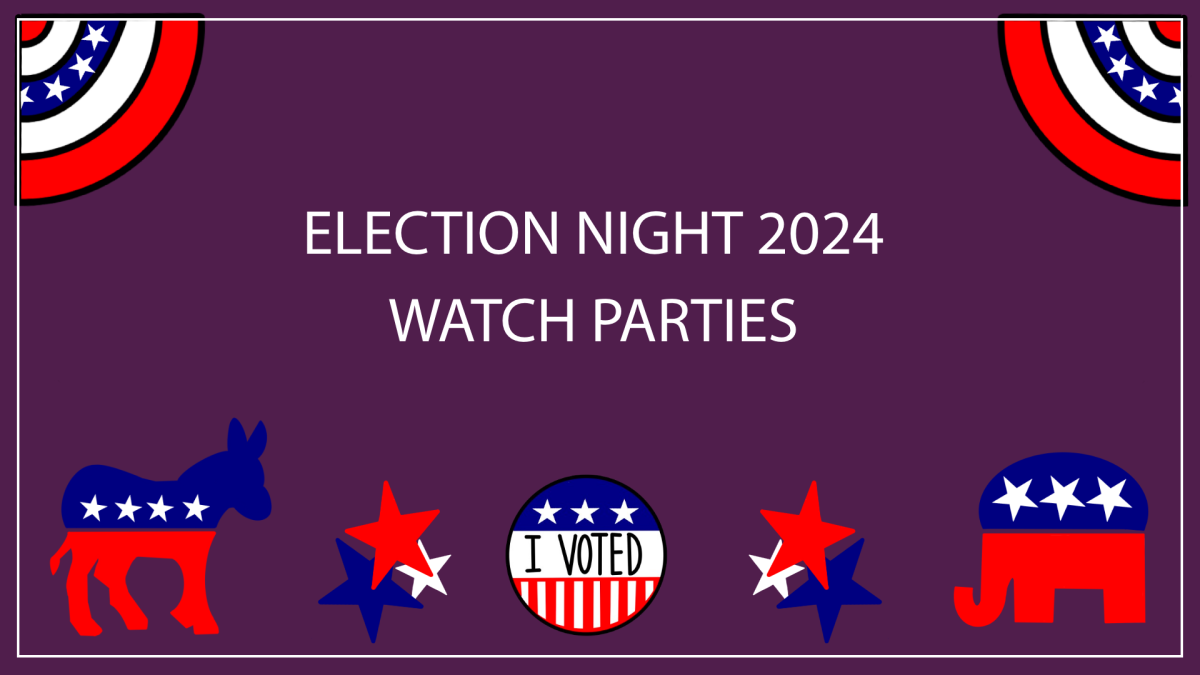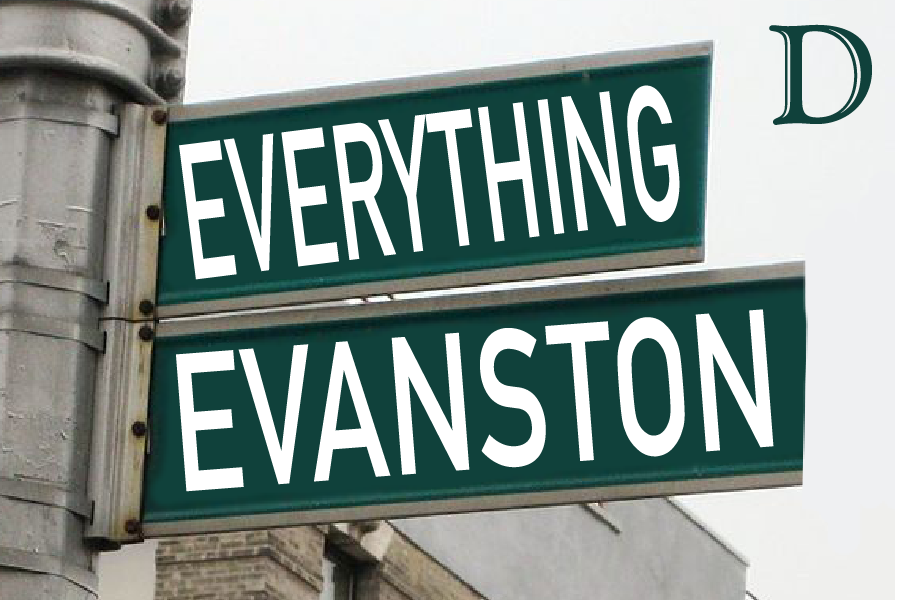Ever since former President Donald Trump first called CNN “fake news” in a December 2016 tweet, attacks from both sides of the aisle have caused news sources and social media accounts to come under increased scrutiny as potential conduits of misinformation.
Since then, much of the focus on misinformation has occurred at the national level. But misinformation, especially about election integrity, can decrease voter turnout and create distrust in elections at the local level, said Anne Sullivan, co-chair of the League of Women Voters of Illinois Task Force on Mis/Disinformation.
“What really can suppress voting is the idea that you don’t know who to trust,” Sullivan said. “Hearing all these messages about your ballot not being secure, or your mail ballot not being counted if you mark it the wrong way or not hearing the correct voting hours — that can really cause somebody who maybe is not inclined to vote in the first place to give up.”
Part of the problem, Sullivan said, is that voters may not know how to identify misinformation in the news and on social media platforms.
A Pew Research Center study published Oct. 10 found that 73% of U.S. adults said they had seen misinformation about the 2024 elections at least somewhat often, and 52% said they sometimes find it difficult to determine what is true.
Chicago resident Marcy Jenkins said she gets her news from NPR, The New York Times and The Wall Street Journal. She added that she prefers mainstream outlets because their journalists are subject to fact-checking in the editing process.
“I also listen to other perspectives on podcasts and stuff, but I have to admit, I do not read or watch right-wing news to balance,” Jenkins said at Evanston Public Library’s main branch.
Evanston resident Dina Berne said she trusts PBS because it is publicly owned. She added that she verifies information by checking if she can find it from other sources.
Ahead of the 2024 election, the League of Women Voters of Illinois has produced educational videos on election integrity, media literacy and how to identify misinformation, which are available on the Mis/Disinformation Task Force page of the organization’s website. On Oct. 16, Sullivan presented about misinformation and disinformation at the Evanston Public Library.
“The most important thing in fighting misinformation is getting the right information out there and predisposing people to the right information before they hear the wrong information,” Sullivan said.
Sullivan encouraged local residents to visit the Cook County Clerk’s website to learn more about election security and find voting information.
Communication Prof. Erik Nisbet studied the presumed influence of election misinformation on Americans’ satisfaction with democracy in 2021. He said the best strategy to combat misinformation is “inoculation” — educating citizens on how to spot misinformation before they encounter it.
“Just like how we get vaccinated against viruses, by talking about what the most common forms of misinformation are and the strategies that people use to manipulate us, it gets our guard up mentally so we’re less likely to be infected by misinformation,” Nisbet said.
Misinformation can affect people’s willingness to vote early or via absentee ballots, Nisbet said. He added that, in 2022, some Illinois officials spread misinformation about local election integrity similar to the misinformation disseminated nationally.
In an advisory referendum on the ballot this year, Illinois voters will be asked whether candidates should face civil penalties if they interfere with an election worker’s official duties.
Sullivan said a big challenge this year has been the politically charged nature of the term “misinformation.” When many voters believe labeling something as “misinformation” is a political tool, it is difficult to establish trust in reliable sources of information, she said.
As Evanston and the U.S. gear up for historic presidential and local elections, Nisbet and Sullivan said voters should attempt to objectively evaluate the information they consume before sharing it.
“Those of us who believe in the democratic process and believe the elections are secure can share that information face-to-face with people who might be having doubts,” Sullivan said. “I think that can go a long way toward combating the disinformation that’s out there.”
Email: isaiahsteinberg2027@u.northwestern.edu
X: @IsaiahStei27
Related Stories:
— News Literacy Project panelists discuss misinformation epidemic, building trust in media
— Profs talk polarization, misinformation at post-election panel

